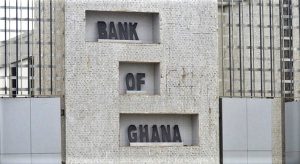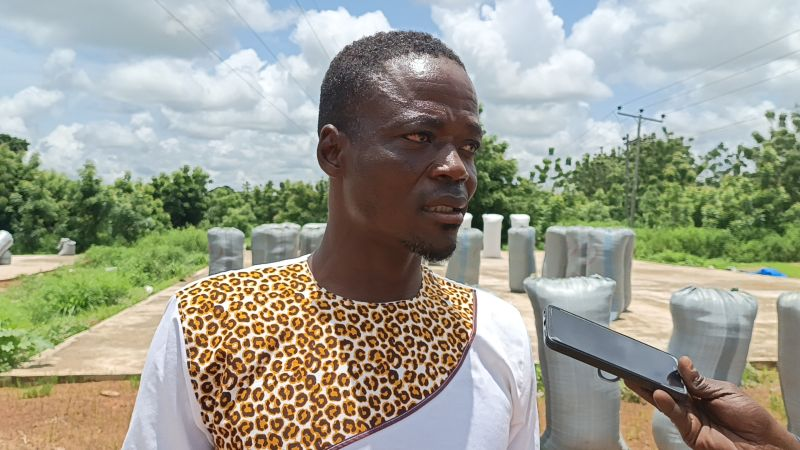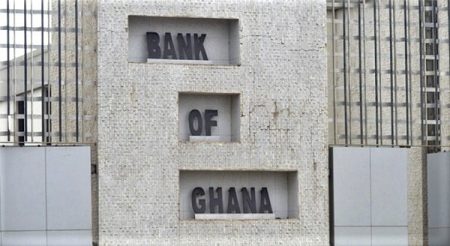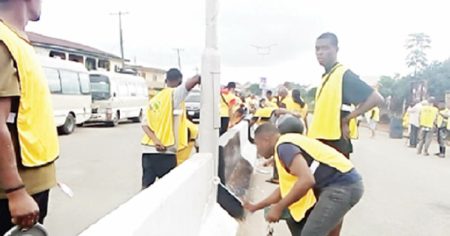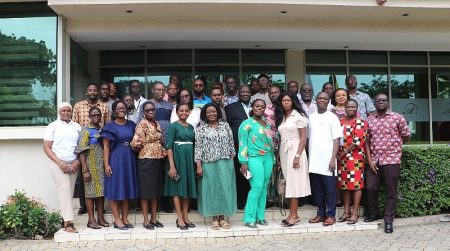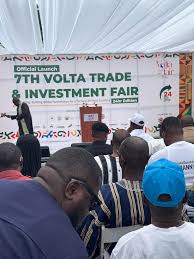The rice-farming community of Bonia, located within the Kasena Nankana Municipality of Ghana’s Upper East Region, finds itself grappling with a multitude of challenges that threaten the viability of its primary agricultural activity and source of livelihood. Mr. Alexander Azuliba, a representative of local rice dealers, has issued a plea to government bodies, the Irrigation Company of Upper East Region (ICOUR), and other development partners to intervene with crucial support to bolster rice production in the area. He underscores the significance of rice not just as a staple food, but as the economic backbone for numerous families in Bonia, warning that the current obstacles facing farmers are severely impacting productivity and jeopardizing local food security. This appeal encapsulates a broader concern for the future of the community, as the decline in rice production carries far-reaching consequences for both individual households and the overall economic well-being of the area.
A critical deficiency highlighted by Mr. Azuliba is the lack of essential post-harvest infrastructure, including drying spaces and proper storage facilities. This absence leads to substantial post-harvest losses, diminishing the returns on farmers’ labor and investment. The perishable nature of harvested rice necessitates prompt and efficient drying and storage to prevent spoilage and maintain quality. Without these facilities, a significant portion of the crop is lost, representing a significant economic blow to farmers and reducing the overall availability of rice within the community. This, in turn, impacts food security and necessitates reliance on external sources, potentially increasing food prices and reducing the economic self-sufficiency of the region. Therefore, investment in this crucial infrastructure is paramount for the long-term sustainability and prosperity of rice farming in Bonia.
His Royal Highness Kwarase Salifu Akumbasiya, Chief of Bonia, acknowledges the vast potential of the community’s fertile land but points to a series of interconnected challenges that hinder its optimal utilization. While the land holds promise for abundant agricultural output, the predominantly peasant farmers of Bonia struggle with limited access to essential inputs, including fertilizers, pesticides, and modern harvesting equipment. This lack of access to modern agricultural technologies and resources further compounds the issue of low productivity and exacerbates the cycle of poverty within the community. The Chief advocates for a comprehensive approach that includes training programs to educate farmers on contemporary farming techniques and effective pest control methods. He also emphasizes the importance of establishing cooperative societies, enabling farmers to pool their resources, gain collective bargaining power, and access larger, more lucrative markets.
The lack of government subsidies for crucial agricultural inputs, such as fertilizers, herbicides, and mechanized harvesting equipment, forms a recurring theme in the grievances raised by the Bonia community. The Chief and farmers alike lament the financial burden this places on them, hindering their ability to invest in improvements and maximize their yields. This absence of support creates a significant disadvantage for Bonia’s farmers, limiting their competitiveness and perpetuating low productivity. The appeal for subsidies represents a plea for equitable treatment and recognition of the crucial role these farmers play in ensuring food security within the region.
Adding to the farmers’ plight are allegations of exploitative practices by some rice buyers. Mr. Justice Achaah, a concerned youth from the community, draws attention to discrepancies in weighing practices during purchasing. He highlights the unfairness of some NGOs using standardized weighing scales while others employ less transparent methods, ultimately short-changing farmers on the value of their produce. This lack of standardized measurement presents an opportunity for unscrupulous buyers to exploit farmers, further diminishing their already meager incomes and fueling distrust in the market system. This exploitation underscores the need for regulatory oversight and fair trade practices to protect the interests of farmers and ensure they receive just compensation for their labor.
The farmers’ frustration extends to ICOUR, the Irrigation Company of Upper East Region, accusing the organization of failing to fulfill its mandate of supporting crop production. They claim that ICOUR’s presence is primarily limited to collecting water bills for irrigation services, without providing other essential support like access to tractors or harvesters. The perceived neglect by ICOUR, a body specifically tasked with facilitating irrigation and agricultural development, adds to the sense of abandonment felt by the community. The farmers’ criticism highlights a disconnect between the theoretical purpose of ICOUR and its practical impact on their lives.
The situation in Bonia underscores a larger issue of rural agricultural development in developing countries. The combination of limited access to resources, inadequate infrastructure, exploitative market practices, and perceived neglect by relevant institutions creates a cycle of poverty and low productivity that is difficult to break. The case of Bonia demonstrates the need for a multi-pronged approach to agricultural development that addresses these interconnected challenges. This approach must involve government support through subsidies and infrastructural development, empowerment of farmers through training and cooperative formation, fair trade practices, and accountability from institutions tasked with supporting agricultural development. The future of Bonia’s rice farming, and indeed the well-being of the community, depends on a concerted and collaborative effort by all stakeholders to address these pressing concerns. The hope remains that with the right interventions, Bonia can transform its rice industry into a vibrant engine of economic growth, ensuring food security, creating employment opportunities, and elevating the living standards of its residents.




